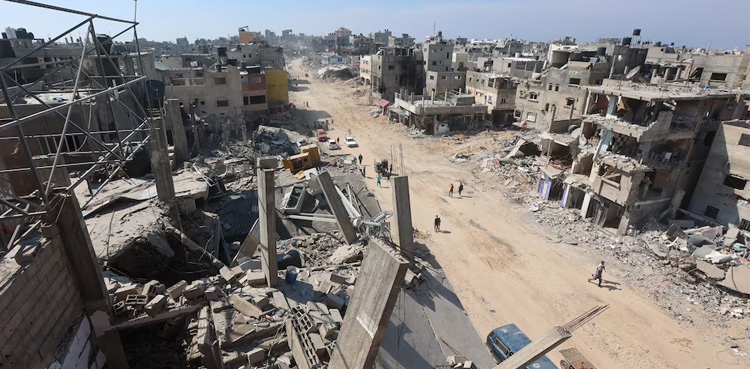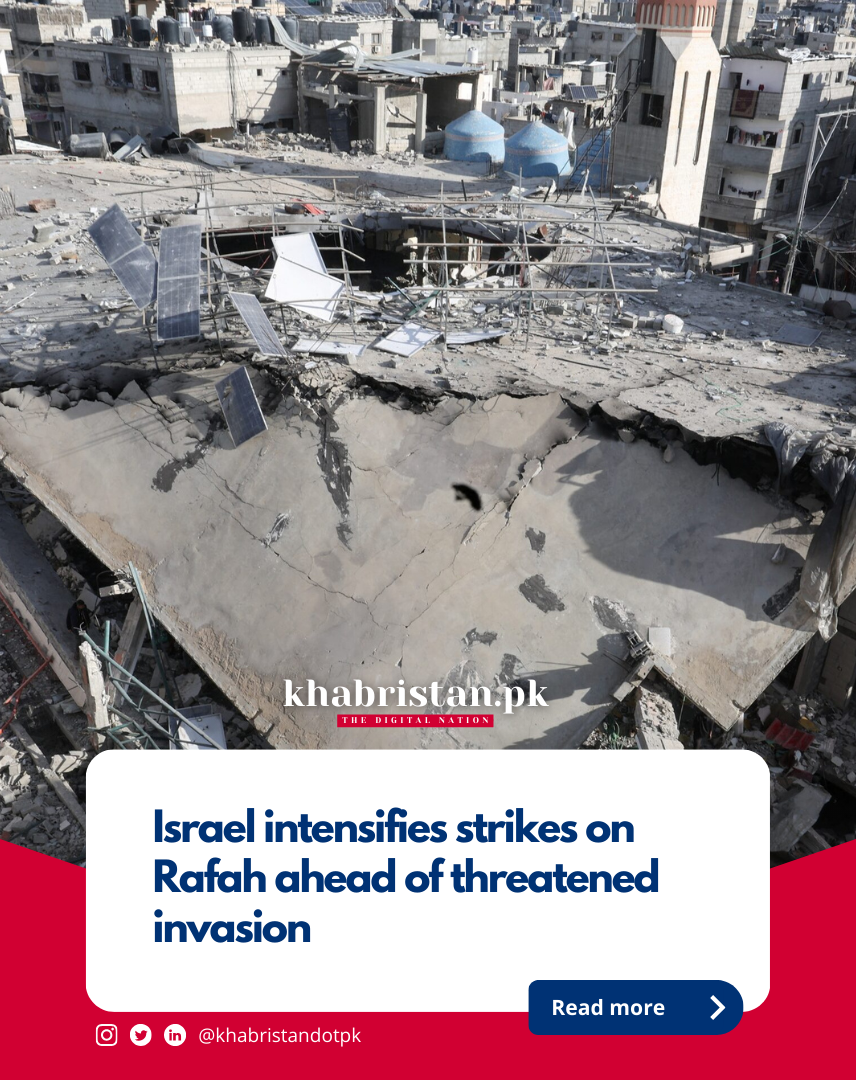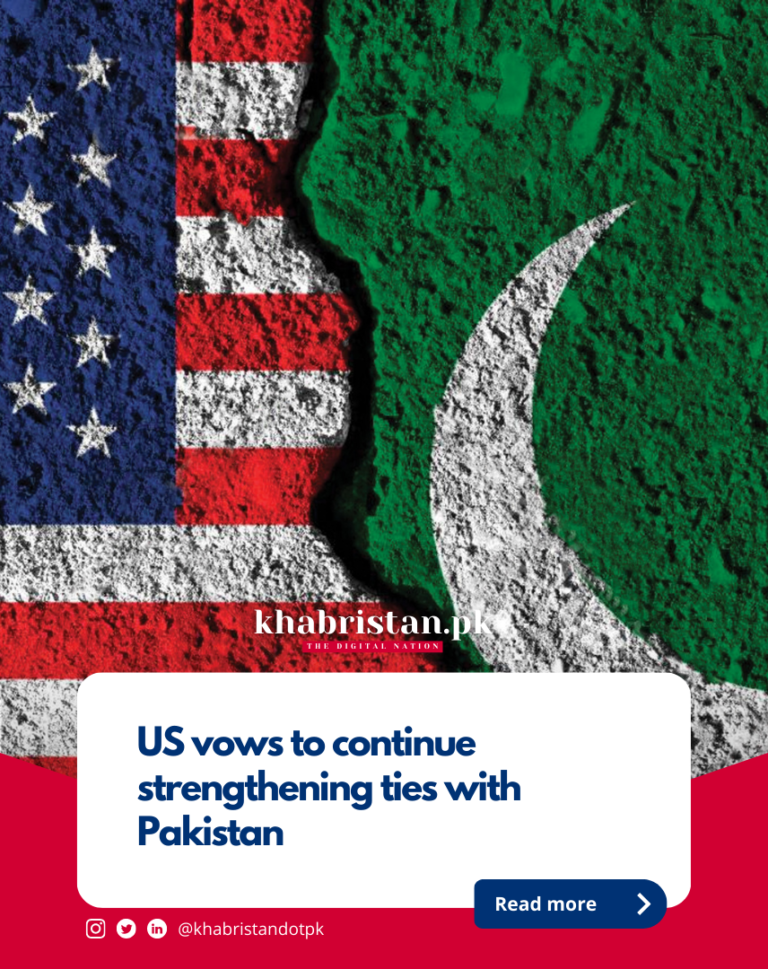Israel increases airstrikes on Rafah ahead of a potential invasion, causing civilian evacuations and drawing global concern over potential mass casualties. Meanwhile, ongoing bombings and ground clashes continue in northern and central Gaza, with reports of extensive civilian displacement and a dire humanitarian crisis. The situation raises international alarm over potential war crimes.

CAIRO: Israel stepped up airstrikes on Rafah overnight after saying it would evacuate civilians from the southern Gazan city and launch an all-out assault despite allies’ warnings this could cause mass casualties.
Medics in the besieged Palestinian enclave reported five Israeli airstrikes on Rafah early on Thursday that hit at least three houses, killing at least six people including a local journalist.
“We are afraid of what will happen in Rafah. The level of alert is very high,” Ibrahim Khraishi, the Palestinian ambassador to the United Nations, told Reuters on Thursday.
“Some are leaving, they are afraid for their families but where can they go? They are not being allowed to go to the north and so are confined to a very small area.”
The Gaza Strip is about 40 km (25 miles) long and between about 5 km (3 miles) and 12 km (7.5 miles) wide and is one of the most densely populated areas in the world.
In the seventh month of a devastating air and ground war, Israeli forces also resumed bombarding northern and central areas of the enclave, as well as east of Khan Younis in the south. Israel’s stated goal is to destroy Hamas, though it is unclear how they would do so.
A United Nations team visiting a site for a staging area and pier for maritime aid operations was forced to take cover in a bunker on Wednesday after the area came under attack, a spokesperson said on Thursday.
They were there for “some time,” but there were no injuries.
Israeli Prime Minister Benjamin Netanyahu’s war cabinet was meeting “to discuss how to destroy the last vestiges, the last quarter of Hamas’ battalions, in Rafah and elsewhere,” government spokesperson David Mencer said.
He declined to say when or whether the classified forum might give a green light for a ground operation in Rafah.
Israel has killed at least 34,305 Palestinians, Gaza health authorities said on Thursday.
The offensive has laid to waste much of the widely urbanised enclave, displacing most of its 2.3 million people and leaving many with little food, water or medical care.
A U.N. expert speaking after visits to Jordan and Egypt said aid agencies were seeing an increasing number of patients suffering from the acute lack of food in the enclave.
“What I’ve seen here was traumatising. Patients that previously arrived in Egypt primarily with explosive and other war injury related symptoms are now joined by increasing numbers of patients, often children, with chronic diseases and severe malnutrition,” Francesca Albanese, the U.N. Special Rapporteur on human rights in the Occupied Territories, told reporters in Cairo.
Israel is retaliating against an Oct. 7 Hamas attack that killed 1,200 people and led to 253 taken hostage, according to Israeli tallies.
BOMBING AND BODIES
Meanwhile, a Palestinian civil defence team called on the United Nations to investigate what it said were war crimes at a Gaza hospital, saying nearly 400 bodies were recovered from mass graves after Israeli soldiers left the complex in Khan Younis.
The Israeli military said allegations by Palestinian authorities that its forces had buried the bodies were “baseless and unfounded”.
In the north, Israeli forces continued to pound Beit Lahiya, Beit Hanoun, Jabalia and Zeitoun, with some residents saying Hamas and Islamic Jihad militants were fighting Israeli ground forces with anti-tank rockets, mortar bombs and sniper fire.
The Palestine Telecommunications Company said internet services had again been cut off in central and southern Gaza on Thursday, blaming Israeli military operations.
Such outages have compounded the obstacles confronting efforts to get emergency aid to stricken civilians.
An aid worker who was part of Belgium’s development efforts in Gaza died in one Israeli strike, the Belgian government said on Thursday, adding it was summoning the Israeli ambassador over the incident.
The recent intensification of strikes on Rafah by Israel has brought heightened tensions and concerns about a possible invasion. The volatile situation in the region has captured global attention and raised alarm over the escalating conflict. As the dynamics evolve, it is essential to understand the complexities and implications of the situation in Rafah, as well as the broader impact on regional stability. In this blog post, we will delve into the developments, the underlying factors, and the potential consequences of the escalating conflict in Rafah. Stay informed and engaged as we navigate through this critical and evolving situation.
Source: ARY NEWS
Israel has intensified airstrikes on Rafah in Gaza, amid threats of a full-scale assault, raising concerns over civilian casualties and displacement. The densely populated enclave faces a devastating humanitarian crisis, with acute shortages of food, water, and medical care. The ongoing conflict between Israel and Hamas has led to a dire situation, prompting calls for international investigation into alleged war crimes. The situation is compounded by internet outages and challenges in delivering emergency aid. The conflict has also claimed the life of an aid worker, prompting diplomatic action from the Belgian government.
Disclaimer:
This content is AI-generated using IFTTT AI Content Creator. While we strive for accuracy, it’s a tool for rapid updates. We’re committed to filtering information, not reproducing or endorsing misinformation. – Khabristan.pk for more information visit privacy policy








Leave a Comment